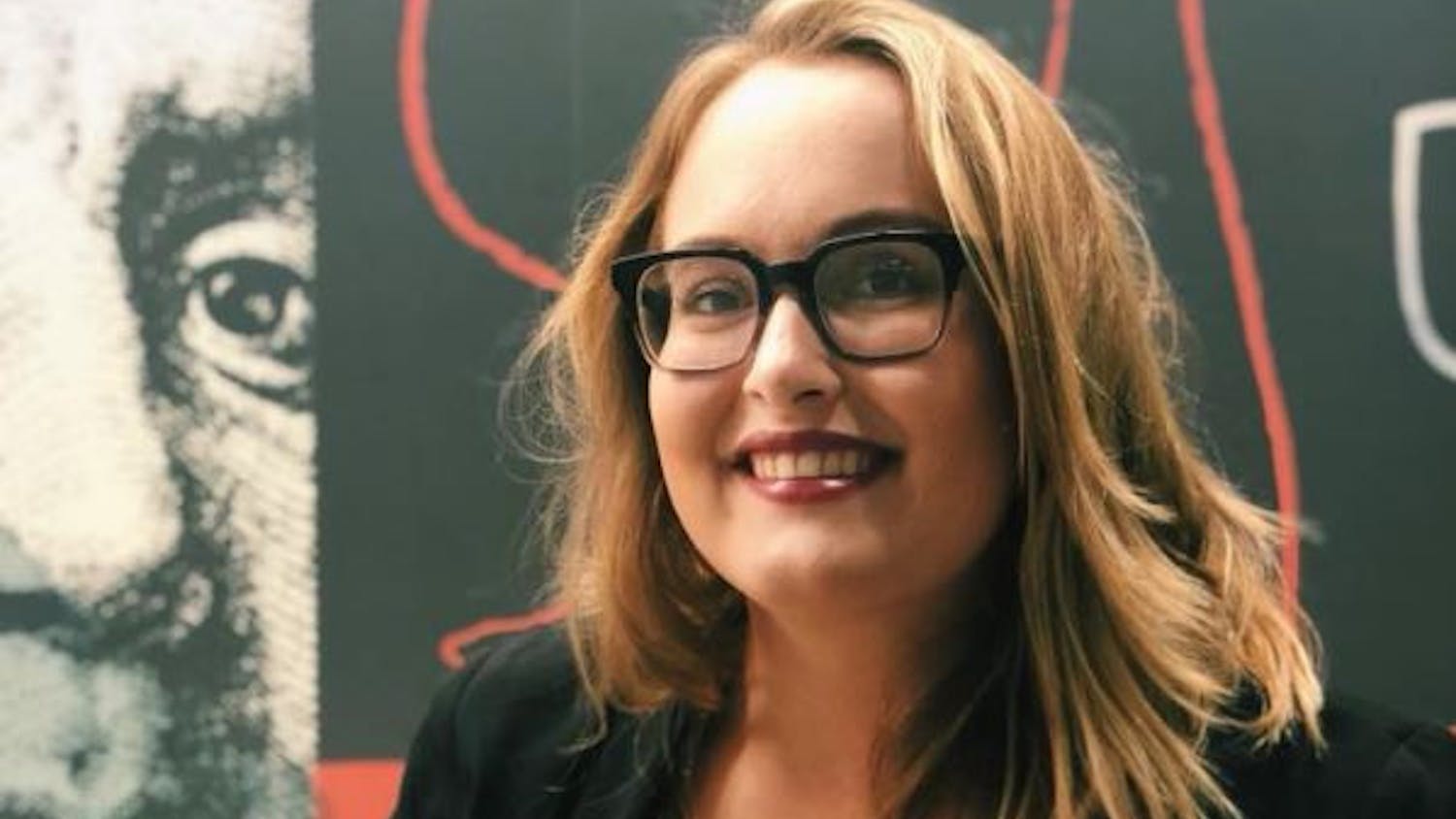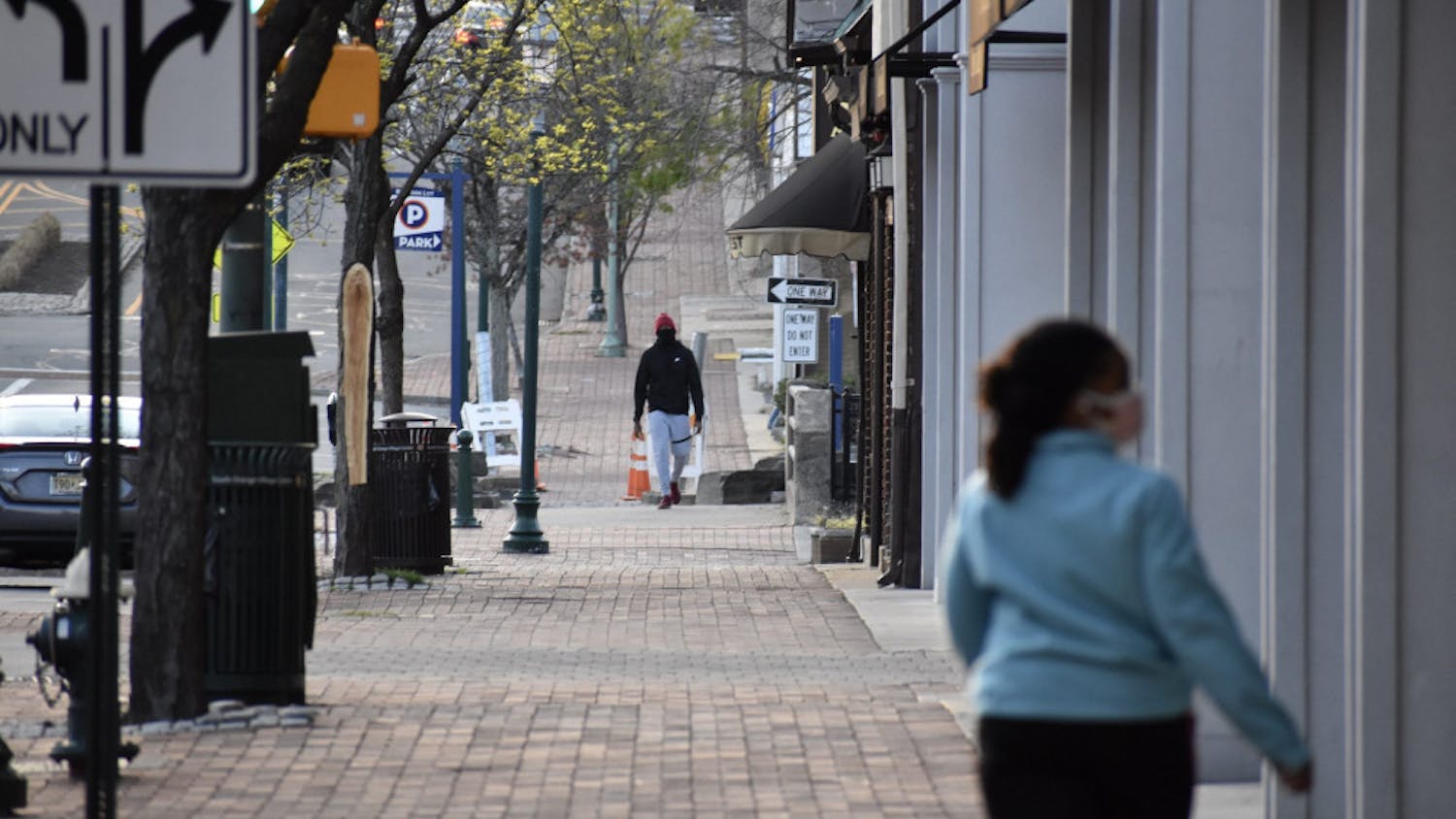Some days it comes with absolutely no warning.
My shrill alarm wakes me up in the morning. I groggily roll over in bed to shut it off and internally groan, thinking of the day ahead. And this isn’t just an ‘I’m still tired’ groan.
[caption id="attachment_19480" align="aligncenter" width="928"] According to a 2013 American Psychological Association survey, about one-third of college students have experienced depression.
According to a 2013 American Psychological Association survey, about one-third of college students have experienced depression.
Photo via Flickr/Savannah Moorghen-Young[/caption]
No. This is a ‘I truly don’t think I can make it through the day’ groan. The idea of getting out of bed, showering, getting dressed and starting my responsibilities makes me physically sick to my stomach.
When I think about the work I have to get done and the minimal amount of time that I have to do it, I begin to panic and become even more depressed. Although I have friends who tell me I’ll get through it, I truly do not believe it during these moments.
Sometimes all I can do is lay in bed and try my best not to cry. So how am I expected to go out and face my peers in class, plaster a smile on my face and pretend everything is alright?
I don’t believe that I, or anyone else, should have to. Yet, in the six semesters I have completed at Seton Hall, I have only had two professors state that students are permitted to miss one or two classes without needing a doctor’s note.
How am I supposed to tell my professors that sometimes my brain needs a day to heal, especially when I don’t have a note that proves it?
I can understand some professor’s skepticism regarding mental health days. It’s almost impossible to tell if a student is just using that as an excuse to skip class. Though I believe some students would potentially abuse this privilege, I think it would also seriously benefit the health of university students who need it.
According to the Center for Disease Control and Prevention (CDC), 83 percent of U.S. adults are not considered to be in “optimal mental health” and 26 percent of adults aged 18 and up live with a diagnosable mental health disorder.
I’m not clinically depressed. I don’t take medication and I don’t see a counselor. However, the stress and random bouts of sadness I feel are still valid. Giving myself a day to relax and focus on myself is not something that should be shamed, but should be encouraged.
Sometimes all students need is a single day to regain themselves and return back to work.
Some may say that students wont be able to take mental health days once they enter the real world, but that isn’t always the case.
According to USA Today, Michigan web developer Madalyn Parker emailed her boss in July to inform him that she would be taking a few days off from work to focus on her mental health. Instead of scolding Parker for not coming in to work when she wasn’t physically ill, her boss thanked her for reminding him of the importance of taking sick days for mental health.
Allowing mental health days isn’t a common practice for every business and university, but it should be.
We as a society cannot simultaneously claim that we care about those who are suffering from mental illness, yet tell them to “get over it” once it finally strikes.
Battling anxiety and depression happens one step at a time – hopefully one day professors will take the step to recognize that taking mental health days are a necessity for many students.
Ashley Turner is a senior journalism major from Jamesburg, N.J. She can be reached at ashley.turner1@student.shu.edu.





